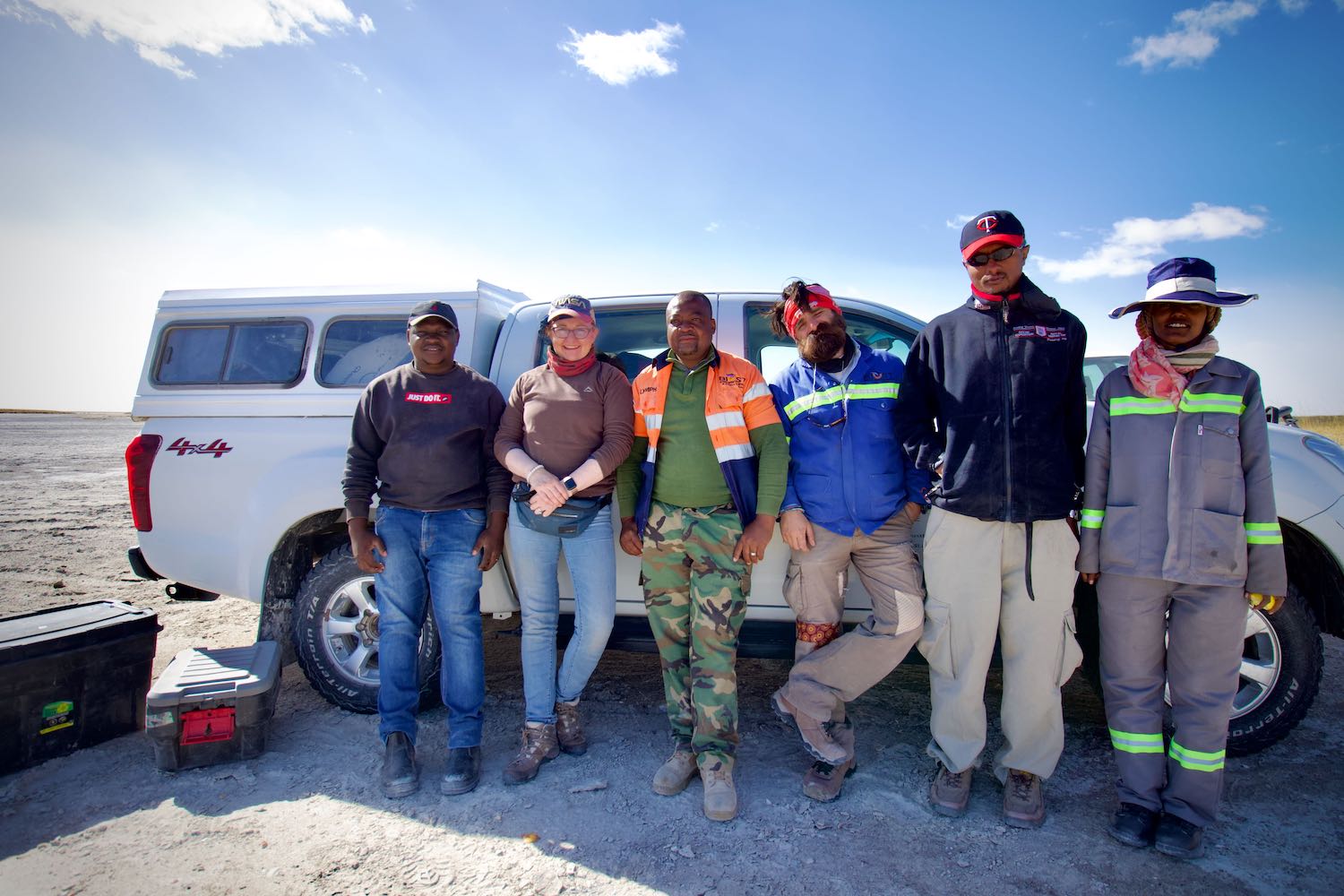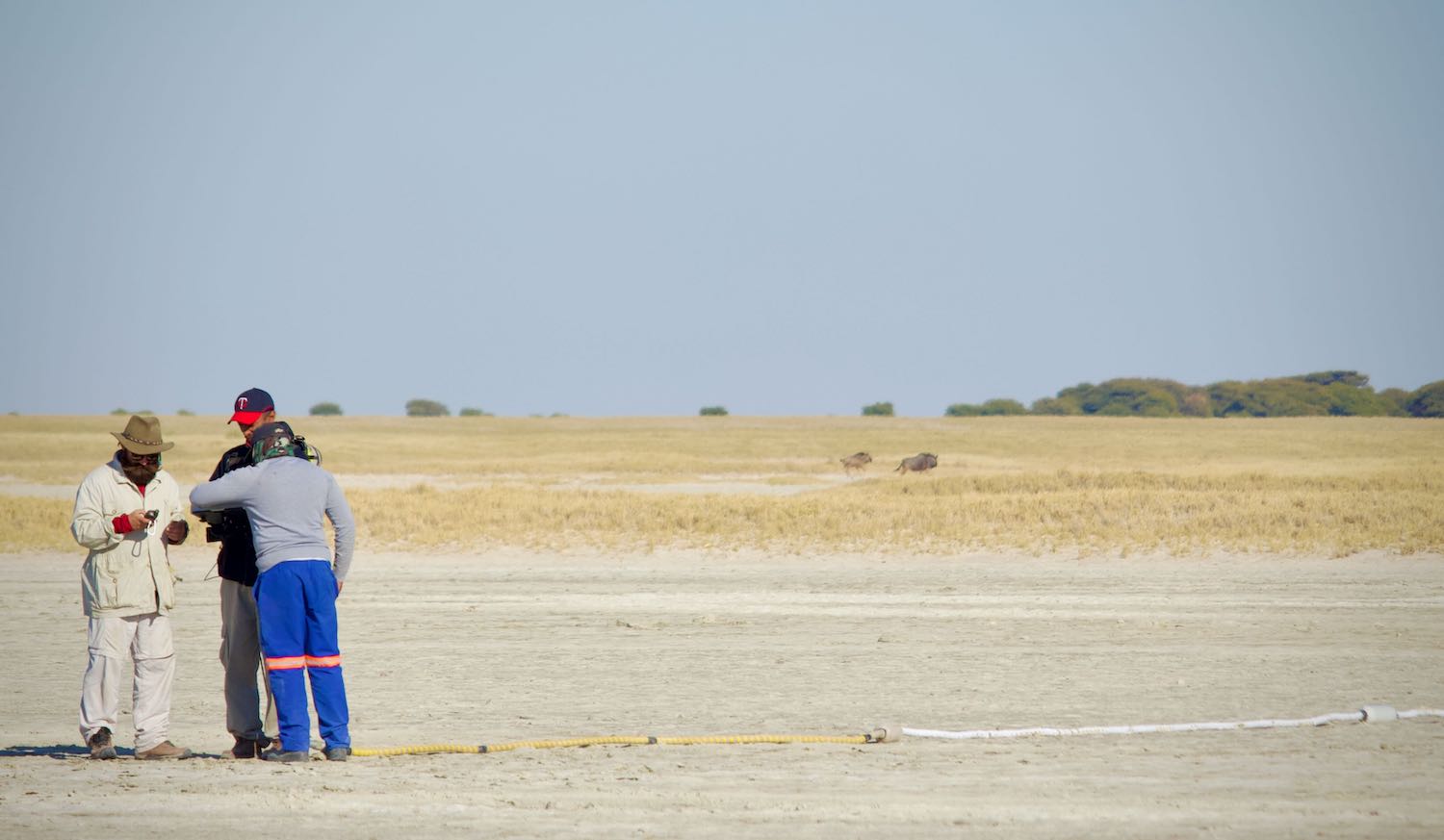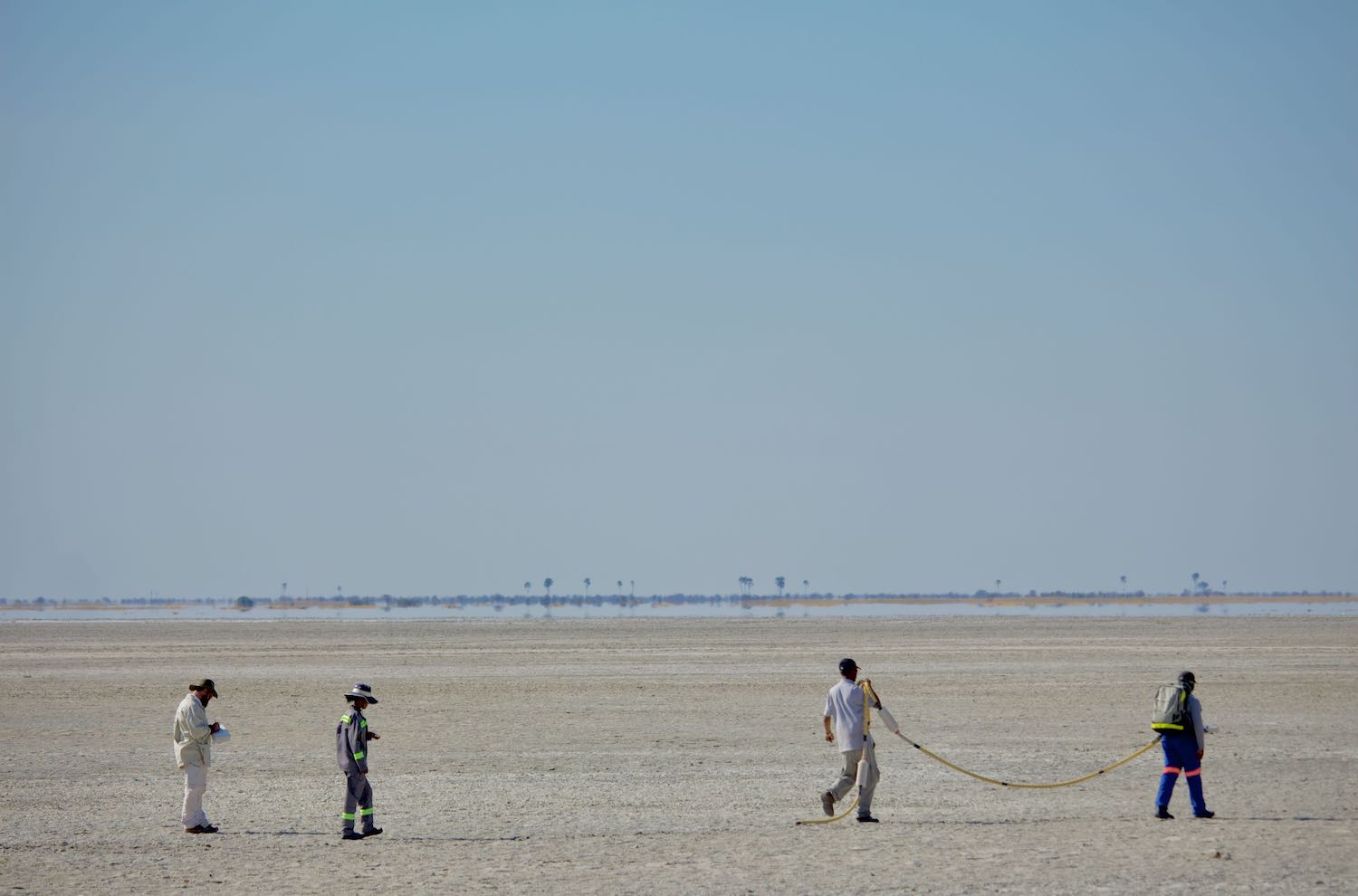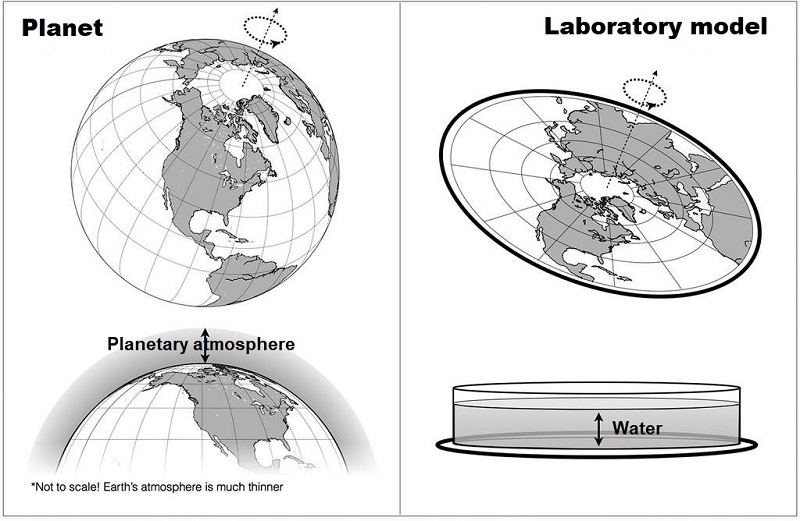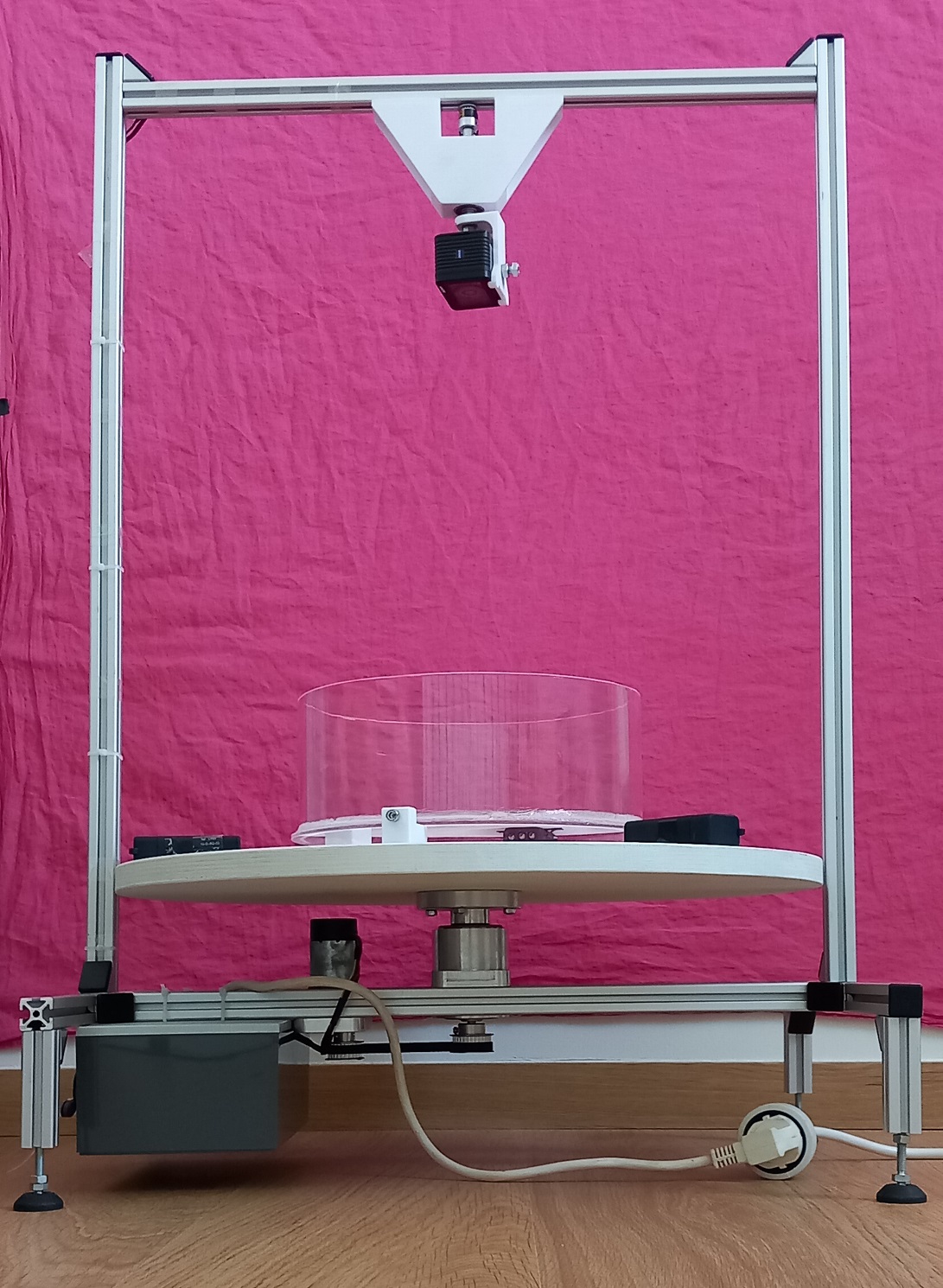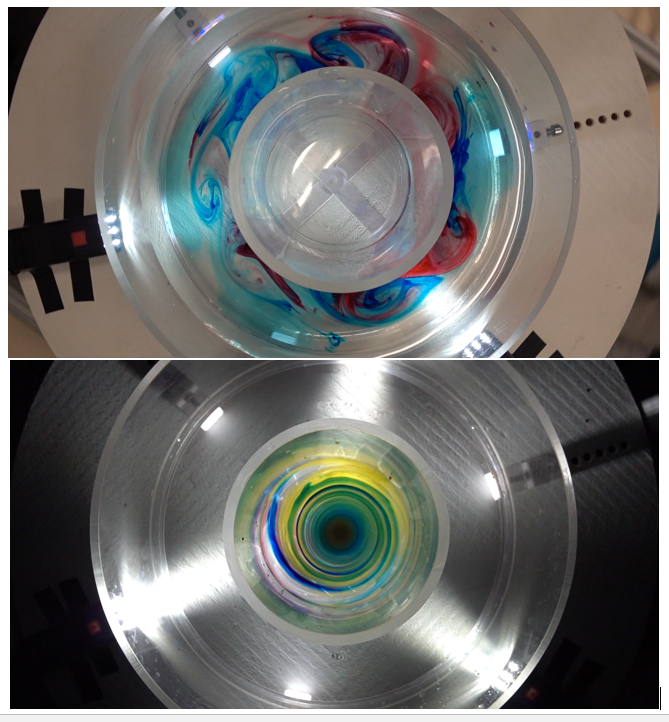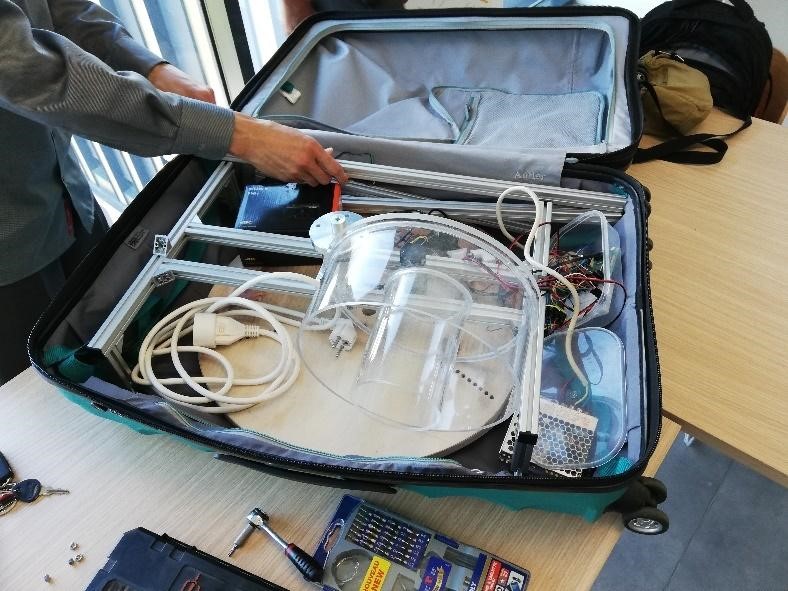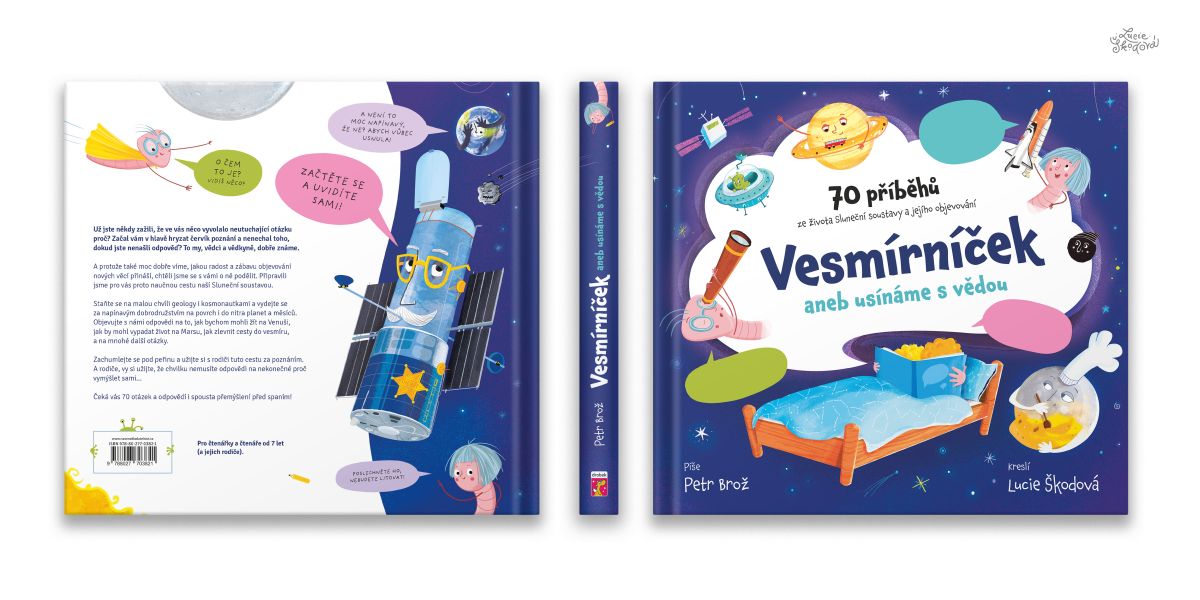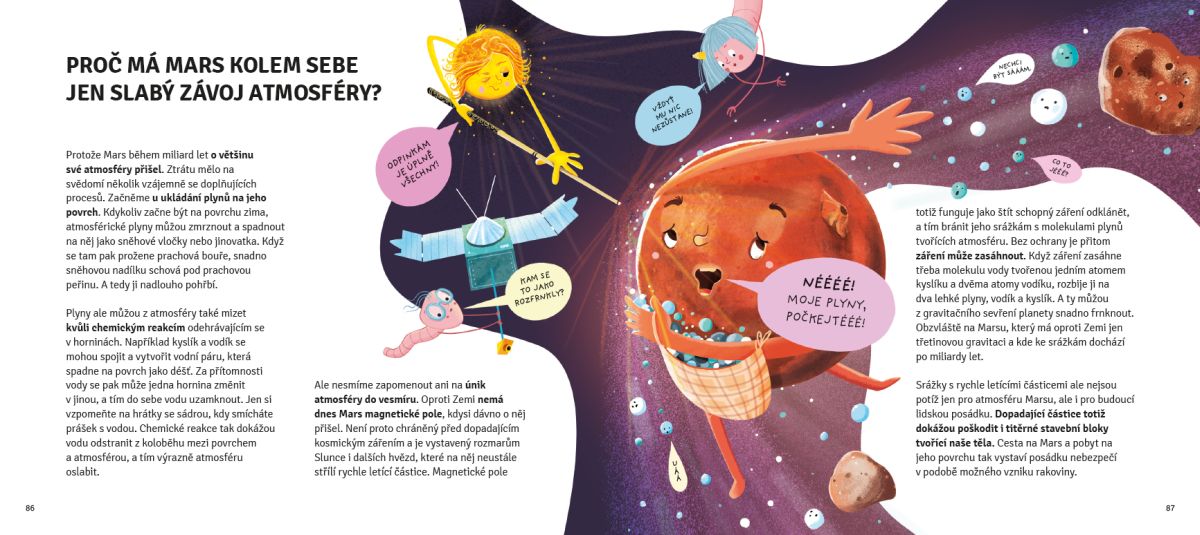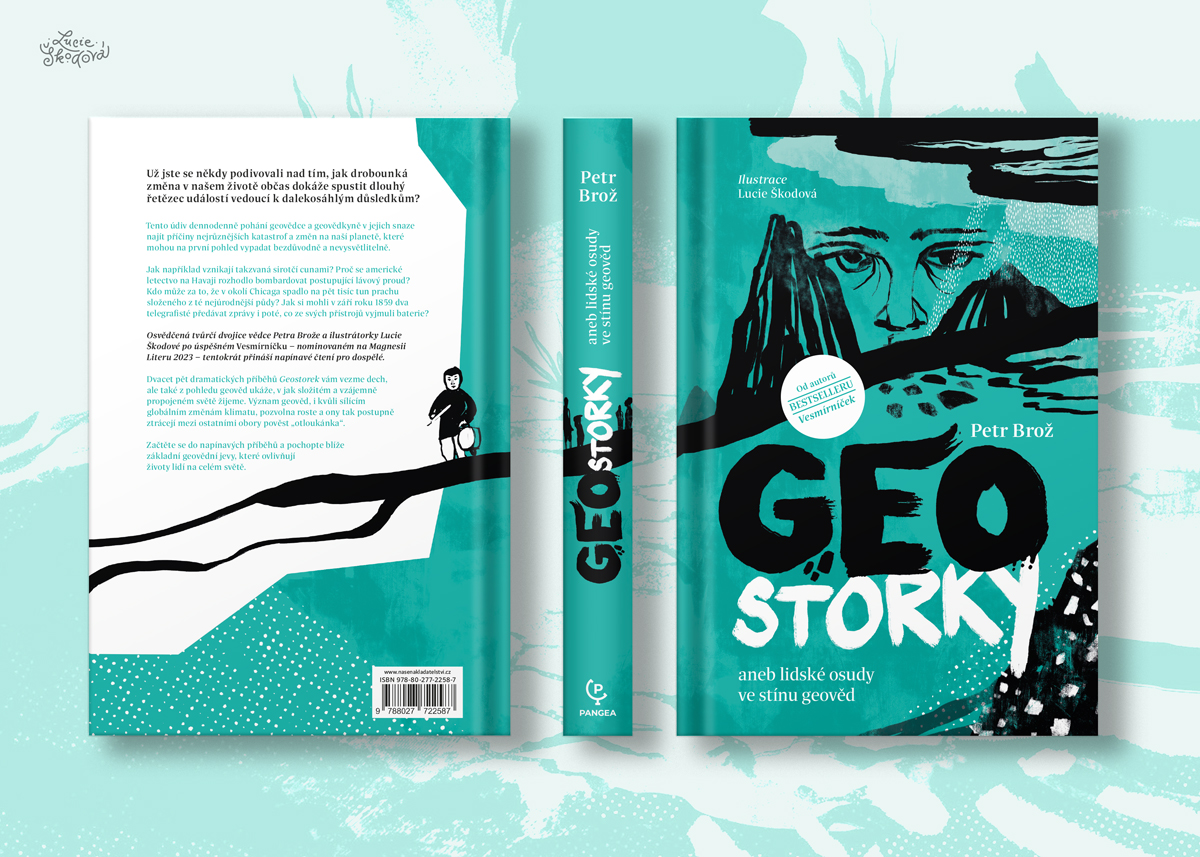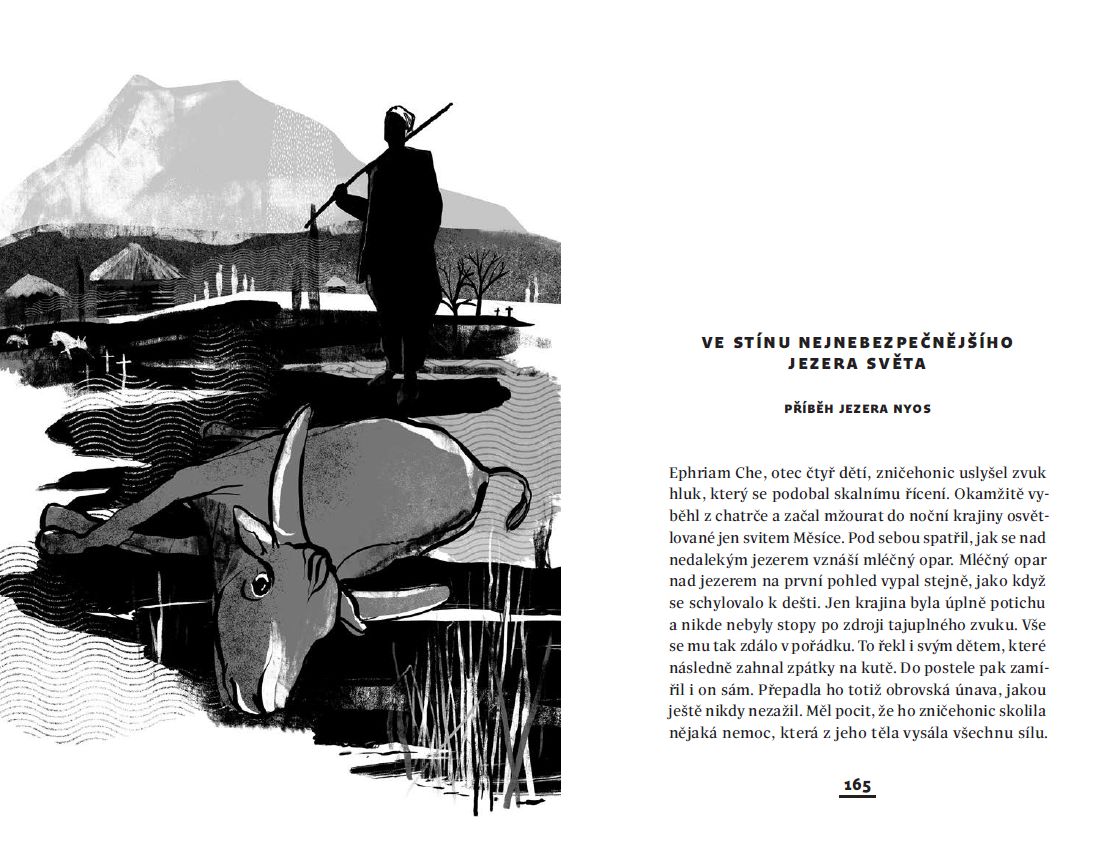ODAA3
Communicating Planetary Science in the 21st century
Convener:
Petr Broz
|
Co-conveners:
Julie Nováková,
Claudia Mignone,
Luca Montabone,
Federica Duras,
Tobias Beuchert,
Livia Giacomini,
Anastasia Kokori,
Anita Heward,
Daniela de Paulis
While the same issues are less pressing from the point of view of planetary science, they are relevant for the community as well, since discoveries in the Earth’s history and climate, exoplanet science, astrobiology and other fields can end up heavily distorted in the current information ecosystem. Increased engagement with planetary science is important not only for its own sake and because of the passion for science that we share, but also for practical reasons such as raising the next generation of scientists, teaching the scientific method and inquiry, promoting overall critical thinking and helping people understand issues such as climate change and its impacts.
Rather than parceling the central question of science communication for the 21st century into individual topics such as sci-comm on social media, role of books in current sci-comm, AI art in sci-comm, risks and benefits of AI in sci-comm, citizen science involvement for sci-comm, limiting misinformation (especially in high-interest areas for the public, such as astrobiology or exoplanets) etc., we decided to invite you to share your activities, insights, experience and perspectives connecting to the underlying key question of how to use all these approaches in synergy, effectively share scientific discoveries and increase public interest and participation in science in the coming years.
Session assets
10:40–10:50
|
EPSC2024-485
|
ECP
|
On-site presentation
10:50–11:00
|
EPSC2024-966
|
ECP
|
On-site presentation
11:00–11:10
|
EPSC2024-1064
|
On-site presentation
11:10–11:15
Discussion
11:15–11:25
|
EPSC2024-1128
|
On-site presentation
11:25–11:35
|
EPSC2024-1369
|
Virtual presentation
11:35–11:45
|
EPSC2024-1155
|
On-site presentation
11:45–11:55
|
EPSC2024-1352
|
On-site presentation
11:55–12:00
Discussion
I38
|
EPSC2024-1052
|
On-site presentation
